The moon’s influence on human emotions is a captivating topic that has intrigued researchers and curious minds alike. Have you ever wondered how the moon’s phases might impact your mood or behavior? From the calming effects of a new moon to the heightened emotions often associated with a full moon, the lunar cycle appears to have a profound effect on our emotional well-being. While some attribute these connections to psychological patterns or anecdotal experiences, others argue there’s a deeper, almost magical relationship between the moon and our emotions. In this article, we’ll explore how lunar cycles shape human moods, examining the full moon’s emotional effects, the influence of the new moon, and how individuals can navigate these phases. By understanding the moon’s impact on emotions, we’ll uncover insights into human behavior and learn practical ways to manage our feelings throughout the lunar cycle.

How Does the Moon Affect Emotions?
The moon’s influence on human emotions is a fascinating topic that has been explored across cultures and scientific communities. While the exact mechanisms remain debated, many people report noticeable changes in their mood and behavior during different lunar phases.
One widely recognized aspect is the lunar cycle’s impact on emotions. Research suggests that the moon’s gravitational pull may subtly affect human behavior, potentially influencing emotions such as anxiety, sadness, and irritability. Studies indicate that certain phases, like the full moon, might correlate with increased emergency room visits for mental health-related issues.
- Lunar Cycle Influence: The moon’s phases may affect sleep patterns, which in turn impact emotional well-being. During a full moon, some individuals report feeling more restless or emotionally volatile.
- Full Moon Effects: Many cultures associate the full moon with heightened emotions, including sadness or emotional release. This phenomenon is often referred to as “lunar lunacy.”
- Eclipse Impact: Solar eclipses, in particular, have been linked to increased emotional intensity and mood swings due to the sudden change in light exposure.
- Cultural Beliefs: Various traditions and spiritual practices attribute different emotions to specific lunar events, such as the new moon being linked to new beginnings and renewal.
Understanding the moon’s effect on emotions requires considering both physical and psychological factors. While the connection isn’t always clear, many people find solace in the idea that the moon’s cycles mirror their own emotional highs and lows.
For those interested in exploring this further, Blood Moon Prophecy offers unique insights into the spiritual and emotional significance of lunar events. Their expertise in astrology and celestial phenomena provides a deeper understanding of how the moon influences human behavior and emotions.
Understanding Emotional Reactions to the Moon
The moon’s phases and its gravitational influence may contribute to emotional responses in humans. Here’s a structured explanation:
Astronomical Factors
The moon’s phases, particularly the full moon, are associated with heightened emotional states. During a full moon, the moon appears larger and brighter due to its proximity to the Earth, potentially intensifying emotional experiences. This phase may increase anxiety, excitement, or sadness in some individuals.
Gravitational Influence
The moon’s gravitational pull causes tides on Earth, suggesting a similar effect on human emotions. This tidal force might metaphorically ‘pull’ at people’s moods, influencing emotional states, especially during powerful moon phases like the full moon.
Cultural and Mythological Influences
Mythologies and folklore often link the moon to emotional extremes, such as werewolf transformations and hunting-related madness. These stories may perpetuate the belief that the moon has a profound emotional impact on humans.
Sleep and Mood Connection
The moon’s brightness can disrupt sleep patterns, particularly during a full moon. Sleep deprivation may lead to mood swings, contributing to emotional reactions the following day.
Scientific Research Insights
While not universally proven, studies suggest a correlation between moon phases and emotional states. However, these effects may vary based on individual sensitivity and pre-existing mental health conditions.
Individual Differences
Personalities and existing mental health conditions can amplify emotional responses to the moon. Some individuals may be more susceptible to lunar influences than others.
Conclusion
The emotional reaction to the moon is a multifaceted phenomenon involving astronomical, psychological, and cultural elements. Understanding these factors provides insight into why the moon continues to evoke strong emotions in many people.

How Does the Moon Affect Empaths?
Empaths are highly sensitive individuals who often feel a deep connection to the energy of the natural world, including the moon. The moon’s phases are believed to influence their emotions, intuition, and relationships in unique ways. Below is a breakdown of how the moon’s cycle impacts empaths:
The New Moon
During the new moon, empaths may experience a shift in their emotional state. This phase is often associated with new beginnings and fresh starts. Empaths might feel a renewed sense of purpose or a desire to release old habits or patterns. They may also notice increased sensitivity to their surroundings, making it easier to pick up on subtle energies.
The Waxing Crescent
As the moon begins to grow, empaths often feel a gradual increase in their intuitive abilities. This phase is ideal for setting intentions and focusing on personal growth. Empaths may find themselves more attuned to the needs of others, making them natural mentors or supporters during this time.
The First Quarter Moon
The first quarter moon brings a sense of balance for empaths. They may feel more grounded and centered, able to handle social interactions with ease. This phase is perfect for building strong connections and fostering harmony in relationships. Empaths often find their communication skills sharpened during this time.
The Full Moon
The full moon is typically the most intense phase for empaths. They may experience heightened emotions, vivid dreams, and a stronger connection to their empathic abilities. This phase can bring up feelings of overwhelm or anxiety, as empaths absorb the energies of those around them. It’s important for them to practice self-care and grounding techniques during the full moon to manage its powerful influence.
The Last Quarter Moon
By the last quarter moon, empaths begin to reflect on their experiences over the past month. This phase encourages introspection and healing. Empaths may feel a desire to let go of emotional baggage or to seek closure in their relationships. They might also notice a decrease in their intuitive abilities as the moon wanes.
The Black Moon
The black moon, or dark moon, is a rare and powerful time for empaths. This phase is associated with transformation and rebirth. Empaths may feel a deep sense of inner turmoil or a push to confront their shadow sides. It’s a time for reflection and releasing old patterns that no longer serve them.
General Effects
Empaths are naturally influenced by the moon’s cycles, which can impact their emotional health, intuition, and relationships. Understanding these patterns can help them navigate their sensitivities more effectively. By tuning in to the moon’s phases, empaths can align their energies with its transformative power, embracing growth and renewal.
By paying attention to the moon’s influence, empaths can harness its energy to enhance their lives, fostering emotional balance and personal evolution.
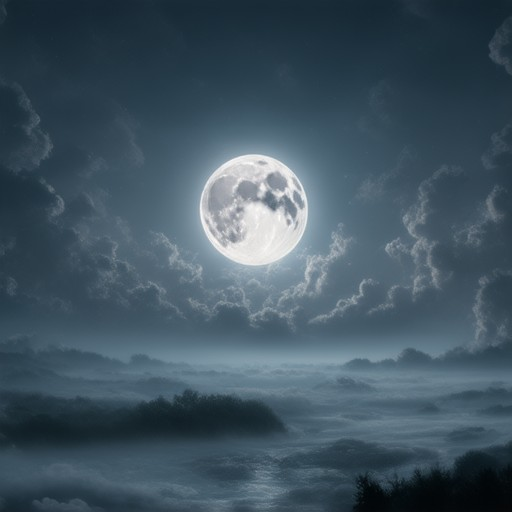
Why Do I Feel Angry During a Full Moon?
The phenomenon of feeling angry during a full moon is multifaceted, involving a combination of biological, environmental, and psychological factors. Here’s a breakdown of the potential reasons:
- Hormonal Influences : The moon’s phases may synchronize with women’s menstrual cycles, potentially triggering hormonal changes that contribute to mood swings and irritability.
- Sleep Disruption : The bright light of the full moon can interfere with sleep patterns, leading to fatigue and increased irritability the following day.
- Circadian Rhythms : The moon’s light may suppress melatonin production, affecting sleep quality and contributing to feelings of restlessness or crankiness.
- Psychological Associations : Cultural myths, such as werewolf lore, portray the full moon as a time of heightened emotionality, which might influence individuals to feel more aggressive or stressed.
- Emotional Release : The full moon may act as a catalyst for releasing pent-up emotions, leading to a greater intensity of feelings like anger or frustration.
Understanding these factors can aid in managing emotions during the full moon, promoting emotional awareness and balance.
How Does a Full Moon Affect Females?
A full moon is a powerful celestial event that has long been studied and discussed in various cultures and scientific communities. While its effects on nature are well-documented, its impact on human behavior and physiology, particularly on females, is a fascinating area of exploration.
Physical Effects
- Lunar Cycles and Menstrual Patterns: Many women have observed a correlation between the lunar cycle and their menstrual cycles. The full moon often coincides with the peak of many women’s menstrual periods, though this correlation is debated and varies among individuals.
- Gravitational Pull: The moon’s gravity exerts a significant force on the Earth, potentially influencing bodily functions. Some theories suggest this may contribute to physical discomfort or emotional shifts during certain phases.
Emotional and Psychological Effects
- Mood Swings: Many people, including women, report experiencing heightened emotions or mood swings during a full moon. This phenomenon may be linked to hormonal fluctuations influenced by the lunar cycle.
- Sensitivity and Intuition: Some believe that the full moon amplifies intuition and emotional sensitivity, leading to increased empathy and awareness among females.
Behavioral Changes
- Increased Creativity: There is a common belief that the full moon enhances creativity and inspiration, which may manifest more strongly in females.
- Sleep Patterns: Some women find it challenging to sleep during a full moon due to its bright glow, which may disrupt circadian rhythms and lead to fatigue.
Practical Considerations
- Stay Hydrated: During a full moon, it’s essential to remain hydrated, as the moon’s gravitational pull can sometimes cause mild dehydration.
- Adjust Sleep Routine: If sleep is disrupted, consider using blackout curtains or adjusting your bedtime schedule to accommodate the lunar cycle.
- Monitor Energy Levels: Be mindful of your energy levels, as the full moon’s influence can sometimes lead to feelings of restlessness or increased activity.
Cultural and Spiritual Perspectives
- Mythological Stories: Many cultures attribute mystical properties to the full moon, often associating it with fertility, transformation, and spiritual growth. These stories often highlight the unique role of females during this time.
- Modern Interpretations: In today’s society, the full moon continues to hold symbolic meaning, often serving as a reminder of the cyclical nature of life and the profound connection between humans and the cosmos.
Understanding the effects of a full moon requires a blend of scientific inquiry and cultural interpretation. While its impact on females remains a topic of ongoing discussion, the full moon’s influence on our lives is undeniably profound. For more insights into the mysteries of the lunar cycle and its effects, explore our comprehensive guides and articles on celestial phenomena.
Learn More About Lunar Cycles

How To Control Emotions On A Full Moon
Experiencing strong emotions during a full moon is common due to its intense energy. Here are effective ways to manage your feelings:
- Grounding Techniques:** Engage in grounding activities like walking barefoot on grass or practicing deep breathing exercises. This helps stabilize your energy and reduce emotional overwhelm.
- Express Through Affirmations:** Recite positive affirmations to recenter yourself. Statements like “I am calm and centered” can help counteract negative emotions.
- Journal Your Feelings:** Writing down your emotions allows you to process and release them constructively. This practice can provide clarity and relief.
- Connect With Nature:** Perform rituals like smudging your space with sage or setting intentions with crystals. These practices help align your energy with the moon’s cycles.
- Seek Support:** Share your feelings with trusted friends or a professional. Talking through your emotions can alleviate their intensity.
By incorporating these methods, you can navigate the emotional highs of a full moon with greater ease and balance.
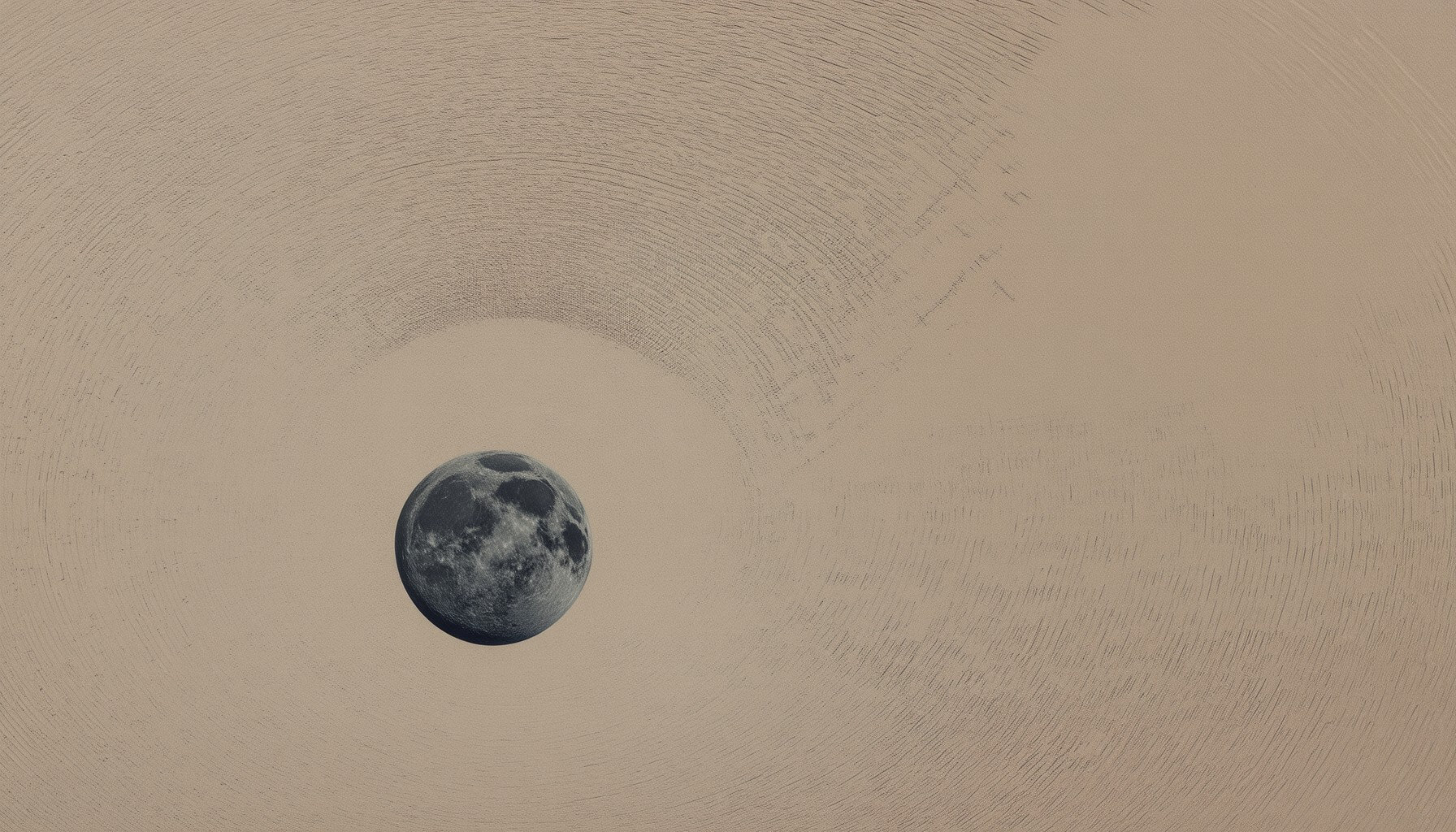
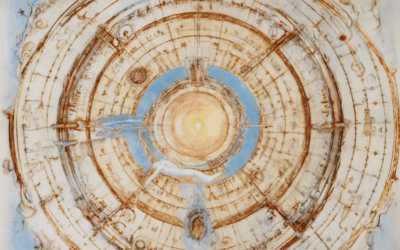
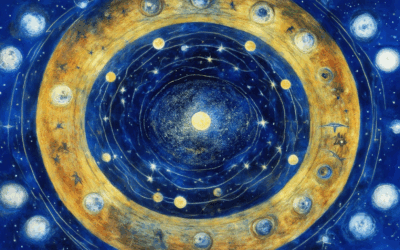
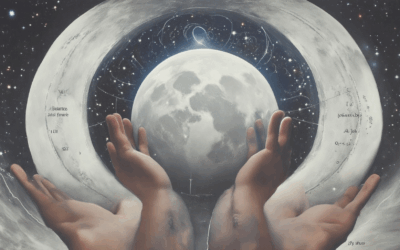
0 Comments